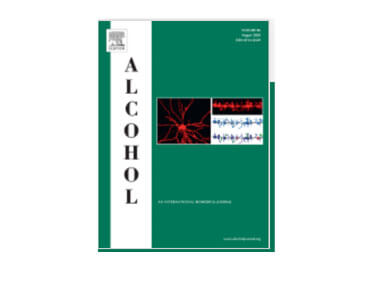An investigation of a novel broad autism phenotype: increased facial masculinity among parents of children on the autism spectrum. DW Tan, SZ Gilani, GA Alvares, A Mian, AJO Whitehouse, MT Maybery.
..the broad autism phenotype observed among first-degree relatives of autistic people is expressed not only in behaviour and cognition but also in facial characteristics.





